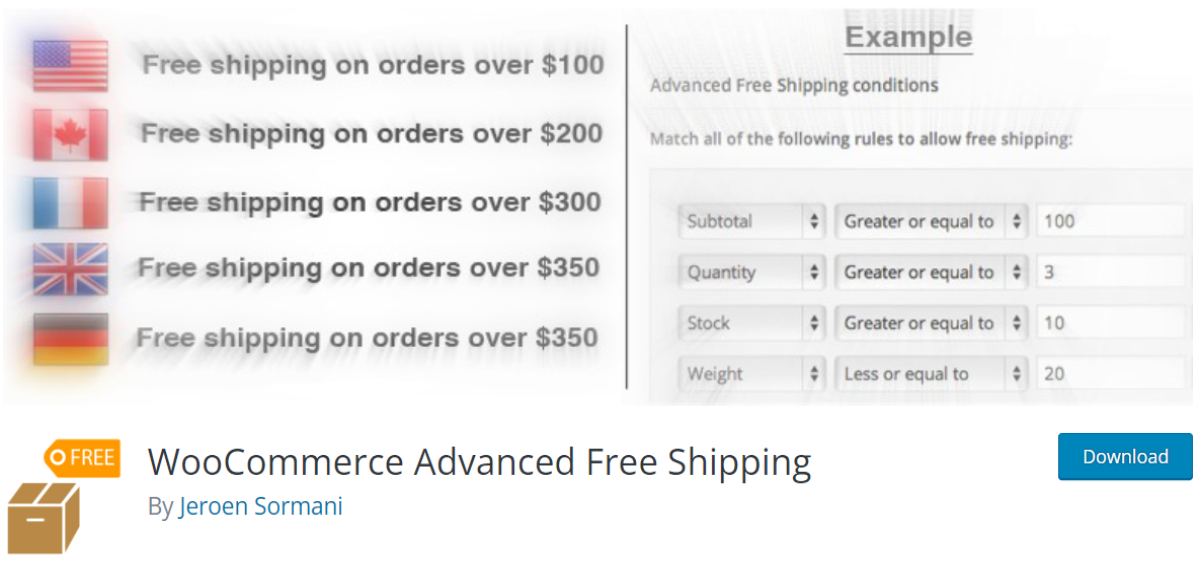Running a successful small eCommerce business today is more exciting—and more competitive—than ever. With so many online tools available to automate processes, streamline logistics, and enhance customer experience, small businesses have the opportunity to thrive without needing massive resources. But with the overwhelming number of platforms out there, how do you choose the right ones to support the growth of your store?
Whether you’re just starting out or looking to optimize your operations, using the right tools can make all the difference. Here’s a curated list of the top eCommerce tools every small business owner should consider.
1. Shopify – Complete eCommerce Platform
Shopify stands out as one of the most popular and user-friendly eCommerce platforms for small businesses. It offers a fully hosted solution with access to templates, payment integrations, and analytics all in one place.
- Ease of use: No coding required.
- Scalability: From single products to entire catalogs.
- App integrations: Thousands of apps to build and grow your business.
Shopify is especially great for entrepreneurs looking for an all-in-one solution that can launch and grow quickly.
2. WooCommerce – For WordPress Users
If you already have a WordPress site or want more control over your eCommerce operations, WooCommerce is the perfect solution. It’s a customizable and open-source plugin that turns your WordPress website into an online store.
With WooCommerce, you benefit from:
- Extensive customization options for both design and functionality.
- Large developer community and plugin marketplace.
- Lower monthly costs, especially if you host independently.

3. Mailchimp – Email Marketing Made Simple
No eCommerce strategy is complete without a strong email marketing tool. Mailchimp is a favorite among small businesses for its simplicity and powerful automation features. To maximize deliverability, it also supports email validation to help businesses avoid sending to invalid or risky addresses.
With Mailchimp, you can:
- Create newsletters and targeted emails using drag-and-drop templates.
- Segment users based on behavior, purchase history, or demographics.
- Automatically send follow-ups, cart abandonment reminders, and special promotions.
Email marketing remains one of the highest ROI tools for eCommerce. Mailchimp makes it accessible even for beginners.
4. Canva – Design That Sells
You don’t need a graphic designer to create high-quality visuals. Canva is a user-friendly design platform that helps you build product images, social media posts, banners, and so much more.
Visual appeal plays a massive role in online buying decisions. Canva’s:
- Pre-made templates for every platform.
- Drag-and-drop interface.
- Free and Pro versions for various user levels.

5. Oberlo – Product Sourcing for Dropshippers
If you’re in the dropshipping business or exploring product sourcing, Oberlo is a must-have. It easily integrates with Shopify and helps you find high-demand products with reliable shipping options.
- Easy product import: From suppliers right into your store.
- Inventory sync: Updates product availability in real-time.
- Automated order fulfillment and tracking.
Oberlo simplifies inventory headaches and opens up the opportunity to test new niches quickly.
6. Google Analytics – Data-Driven Decisions
If you’re not measuring, you’re guessing. Google Analytics is essential for understanding your store’s performance and making informed decisions. It offers:
- Insights into where your traffic comes from.
- Customer behavior tracking.
- Data to improve conversion and ROI.
Although somewhat technical to set up, the information gained is invaluable for refining your strategy and campaigns.
7. ShipStation – Hassle-Free Shipping
Shipping logistics can get overwhelming as your business scales. That’s where ShipStation comes in—it simplifies order fulfillment, label creation, and tracking across major carriers.
- Integration with eCommerce platforms like Shopify, WooCommerce, and BigCommerce.
- Batch label printing and shipping automation.
- Discounted rates on popular carriers.
For small businesses wanting to streamline shipping without hiring a fulfillment team, ShipStation is a game changer.
Final Thoughts
Choosing the right tools is a crucial step in building a competitive and sustainable eCommerce business. The platforms listed above offer robust features tailored to small business budgets and needs. As your business grows, these tools can scale with you, helping you stay agile, efficient, and customer-focused.
With new technologies emerging all the time, staying informed and willing to adapt is key. Start small, integrate smartly, and watch your eCommerce business thrive in the digital marketplace.


